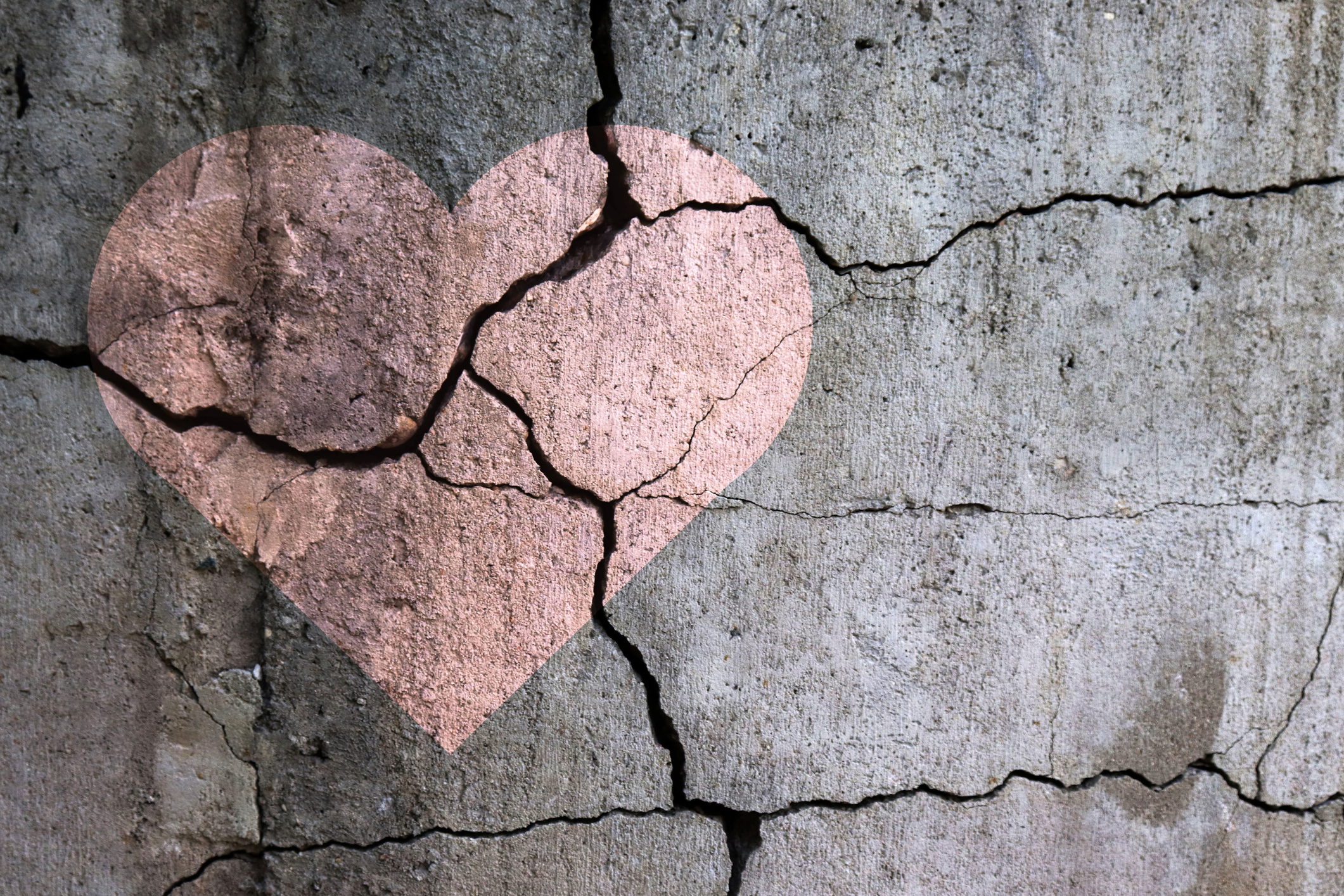Love is the answer as violence and injustice help to create an epidemic of broken-heartedness across Australia, according to University of Sunshine Coast social work academic and ‘love theorist’ Dr Dyann Ross.
“Our senses are facing an onslaught of harm and injustice that we can’t avoid witnessing and our hearts can’t avoid feeling, that is especially heightened during the holiday season,” Dr Ross said.
The presenter of the podcast “Love Theorist” offers a new theory of heartbreak and the power of love in a recently published book, based on almost five decades of experience in social work, and her own personal insights
“We tend to understand the overwhelming grief and sadness of heartbreak in limited ways such as lost loved ones and relationships, but this needs to extend to other types of losses and harms to grasp the depths of pain involved."
The heartbreak many seem to be experiencing is being caused by lovelessness, violence and injustice

"It is people with nowhere to live, children dying in Gaza, people hurt by abuse and unfairness. It is professional carers being unsafe in workplaces. It can be witnessing people and wildlife impacted by natural disasters, or even watching neighbourhood trees being cut down." - Dr Dyann Ross
“There are many different triggers and scales of heartbreak that manifest in everyday life when something we value is injured, or we witness any form of violence or injustice. We can feel disempowered and saddened; it breaks our hearts.”
The dangers of feeling broken-hearted are real, and should not be overlooked, Dr Ross warns.
It can deeply impact peoples’ immune systems and mental wellbeing, and in some cases lead to real, and potentially life-threatening medical situations such as Broken Heart Syndrome.
In this syndrome, extreme distress and stress causes severe heart muscle weakness, compromising its ability to pump blood, and can led to heart failure, shock, low blood pressure and heart rhythm abnormalities.
“A pure medical response to treat those suffering may not be sufficient because it is the emotional part of the heart that is also broken. Further, it is not a temporary condition for many people as there is a cumulative impact of all types of losses in our hearts,” she said.
Dr Ross’s new concept of ‘broken-heartedness’ is based on her analysis of the socio-political and environmental issues in Australia and draws on anti-oppressive ideas and ethics that have fuelled great social movements.
“Broken-heartedness is the planetary epidemic of our times, and this new concept helps us get to the root causes of hurt, loss and distress of all kinds. It enables links between personal, community, other species, societal and global harms and losses.”
All we need is love
While love is the answer to this epidemic of broken hearts, Dr Ross suggests that what love means is far from clear and agreed.
To address this, she has developed a theory of love that encompasses compassion and understanding of people, animals and nature more broadly.
“We can heal a little from the pain of broken-heartedness each time we act into the world with love, nonviolence and fairness,” she said.
“It is about pivoting on the pain and paying it forward as loving actions, rather than harmful violent actions, such as retaliation and counter-aggressions.”
Dr Ross said that by understanding the interconnecting losses and harms causing broken-heartedness, it was possible to find a multitude of ways to respond.
For members of the public, joining groups and organisations to advocate for people and animals who are subjected to unfairness and violence is a well-recognised strategy.
“Part of this big task is to check and change our own behaviours that may be causing harm to others, and in situations where we see injustice happening, act if possible,” Dr Ross said.
“At a personal level, maintaining a constant vigilance regarding our actions towards people in our day-to-day lives is crucial. It can’t be that we are violent at home and then in public profess to care for those impacted by domestic violence.
“If we feel powerless to make a difference for the better, we can still resist being complicit with aggression or unfair behaviours and we can still refuse to accept these indicators of lovelessness in our minds as okay.”
This holiday season, even experiencing a broken heart can in fact be a hidden gift.
“It gives understanding of the power of love and the choices we have to not cause injury or injustice.”
Media enquiries: Please contact the Media Team media@usc.edu.au

